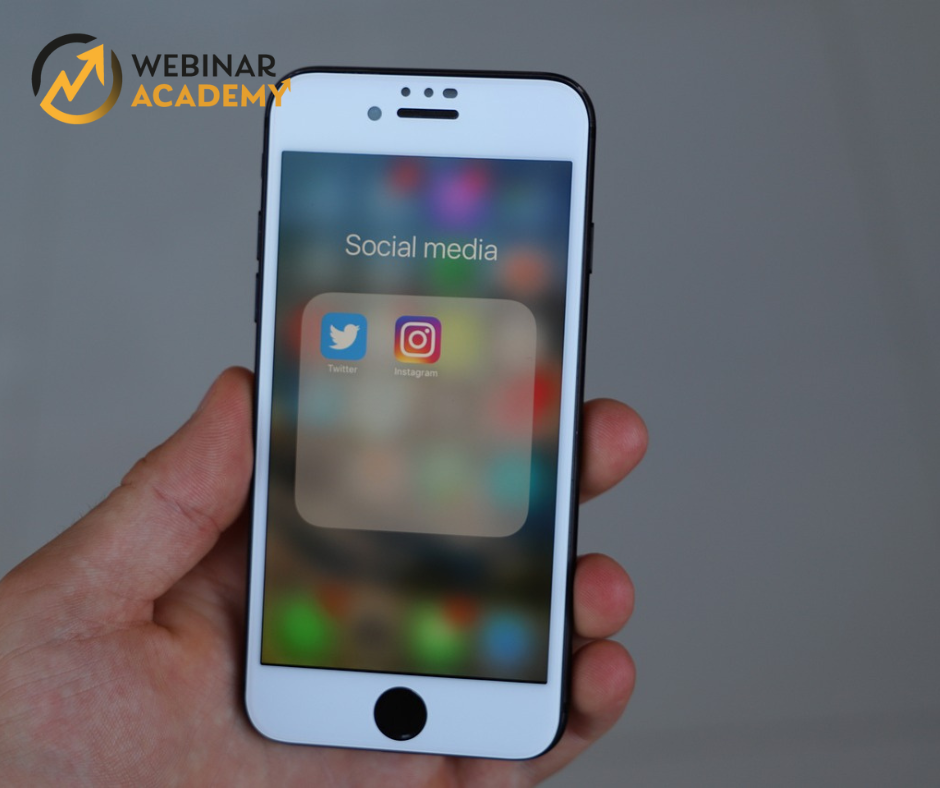Twittering ... meaning?
Twitter is one of the social media platforms centred around blogging. More specifically, Twitter is a microblogging site. This means that although you won't post a two-page article of your own, the character limit is easily enough to share a link to it, and a few sentences of commentary.
In short, Twitter is designed for sharing and writing short posts, images or video clips. It focuses mainly on the textual aspect of the platform, but accounts that operate mainly on images with a short description above the graphic also exist and are quite popular.
The most popular Twitter accounts, however, stand for short texts. A quick comment from a politician on current situations, a clever joke from a brand together with a scathing response from a competitor, the announcement of a new work by a well-known artist, or an inspiring quote from someone's favourite author or philosopher. All of these examples, although brief and sketchy, are a way of keeping in touch with others, be they fans or competitors. In addition, due to the ease with which tweets (tatters) are published, it is much simpler to publish several times a day, keeping active. In addition to the purely textual aspect, Twitter also makes use of the tagging function. This makes it much easier to search for individual posts on a given topic and discover the opinions of others, as well as finding ongoing discussions to join. In addition, the main Twitter page informs us about topics that are currently hot, i.e. tags that have recently increased in frequency. This makes it even easier to follow the latest news and public discourses. However, it is not just politics and discussion that Twitter lives for. There is still plenty of room on the platform for frivolity, satire, and bickering.

Only for serious people?
Twitter is a huge platform with free access, encouraging us to quickly share short snippets of our thoughts and opinions. It's a great place for quick updates, short comments or innocent jokes, but the rather limiting character limit often doesn't allow for too much in-depth analysis or nuance.
Twitter is used by the widest variety of people, from serious public figures to upstart comedians, bored students or fans centred around a particular persona. Hence, the cross-section of content available on the platform is very broad and depends on the tags or other accounts around which one revolves. Thanks to a fairly simple premise and an easy-to-understand formula, someone's account can be a serious business card, a space to share our views on current affairs, or a corner set up under a pseudonym to express our humour or love of pop culture. It all depends on how we use the platform and the tools available on it.
However, there is no denying that, with its short, emotional forms geared more towards direct responses than complex deliberations, Twitter can very easily 'soak us in'. Due to its characteristics, publishing a few or even a dozen posts a day is not seen as abnormal. Twitter culture therefore promotes having an opinion on almost any topic. This atmosphere can be helpful for public figures, companies or personalities with a large number of followers, who have a certain responsibility to respond to current events or inform people of any changes. However, it can also be stressful for ordinary people who feel they have to have an opinion on a topic, even if they have no interest in it or not enough context.
Nevertheless, a balanced use of Twitter can be a great way to promote yourself, partly also thanks to the culture of frequent posts. This way, even frequent mentions of a product or brand do not feel like pushy or spammy posts. Additionally, Twitter provides its users with some interesting options that can be helpful in promoting a business or personal brand.
If you want to know more about the detailed strategies and tools available to Twitter users, take advantage of the knowledge available on the Webinar Academy platform. Whether it's expert opinions or comments from a seemingly grey audience, every tweet can achieve incredible visibility if you remember a few basics of how social media works. Learn them through expert webinars today!

Writing and ... what next?
As already mentioned, Twitter is a great platform for promotion. Firstly, Twitter culture does not stigmatise the frequent publication of posts. On the contrary, regular activity is promoted by an algorithm on the platform.
Secondly, the standards for corporate accounts are slightly different, allowing for more humorous posts or even theatrical 'altercations' with other brand accounts. Thirdly, the platform allows tweets to be promoted and adverts to be broadcast along with the exact parameters, so that it will be displayed exactly where we need it to be.
Fourthly, Twitter is first and foremost a place for conversation. It is therefore difficult to find a more convenient platform for gaining trust and building relationships with users, whether through direct replies, to comments or tweets, or simply reading them and indirectly responding to questions or customer needs. Thanks to these and other features of the platform, many companies and brands have chosen to make Twitter one of their main communication channels, and to take the platform to the heights it is at today.
Social media are an increasingly important part of our lives, culture and business. Hence, it is worth leaning into them when planning your promotional or branding strategy. Twitter is one of the most frequently chosen platforms for this purpose, as it offers the possibility of easily publishing short posts, and promoting them to carefully selected demographics. That's why it's worth familiarising yourself with the nuances of this platform's business opportunities, for example, through online training from Webinar Academy. Expand your horizons and start promoting in earnest!
